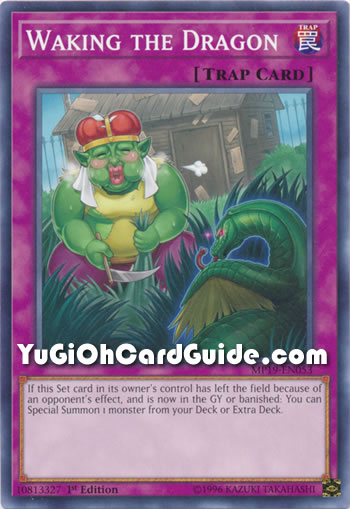

Therefore, in this study, the use of acupuncture for the add-on treatment of comorbid sleep disorders in a patient with chronic schizophrenia is investigated further by using both psychological-test and actiwatch data.

However, the scarce research to date shows sleep-ameliorating effects of acupuncture in the treatment of sleep disorders in schizophrenia. To date, not much research has been conducted on the use of acupuncture as an add-on intervention technique in the treatment of patients suffering from schizophrenia, and almost no research at all exists on the use of acupuncture in the treatment of their comorbid sleep disorders. One relatively new nonpharmacological intervention technique in Western psychiatry is acupuncture, which is an old Eastern medicine treatment technique. As a result, in addition to pharmacotherapy, nonpharmacological interventions, such as transcranial magnetic stimulation (TMS), transcranial direct current stimulation (tDCS), and convulsive therapy, are increasingly being used in the treatment of schizophrenia. For instance, in previous research, a 47% nonadherence rate to pharmacotherapy was found in patients suffering from schizophrenia. However, although such therapy has been reported to have many successes, the number of adverse effects associated with it is large, and noncompliance is always an important area of concern. Ī standard treatment for patients with schizophrenia is pharmacotherapy. In addition to those characteristic symptoms, patients also frequently report sleep disorders. Patients with schizophrenia suffer from positive symptoms, negative symptoms, and cognitive deficits, of which working memory problems are considered a central cognitive impairment. Schizophrenia is a chronic and severe psychiatric disorder and it occurs in about 0.5% of the world’s population. In sum, this study showed that acupuncture might be beneficial in the treatment of sleep disorders in patients suffering from chronic schizophrenia, but future, large, randomized (placebo), controlled, clinical trials are needed in order to replicate the present preliminary findings. The actiwatch data revealed a beneficial effect of acupuncture, showing better sleep latency, a trend towards better sleep efficiency, and a decrease in the number of minutes that the patient was awake during the night after acupuncture treatment.

Acupuncture treatment led to a decrease in general psychopathology, less severe sleep problems, and markedly improved cognitive functioning (working memory) in the patient however, the positive and the negative symptoms remained stable. In addition, actiwatch data were collected for 14 days both before and after the acupuncture treatment period.
#Wake the dragon acupuncture manual#
The patient was treated with manual acupuncture weekly for 12 weeks, and a psychological assessment was performed before, immediately after, and three months after the acupuncture treatment period. We report the case of a 44-year-old female outpatient of German origin who had been suffering from long-term schizophrenia and sleep disorders. The use of acupuncture in the treatment of sleep disorders in patients with chronic schizophrenia is investigated.


 0 kommentar(er)
0 kommentar(er)
